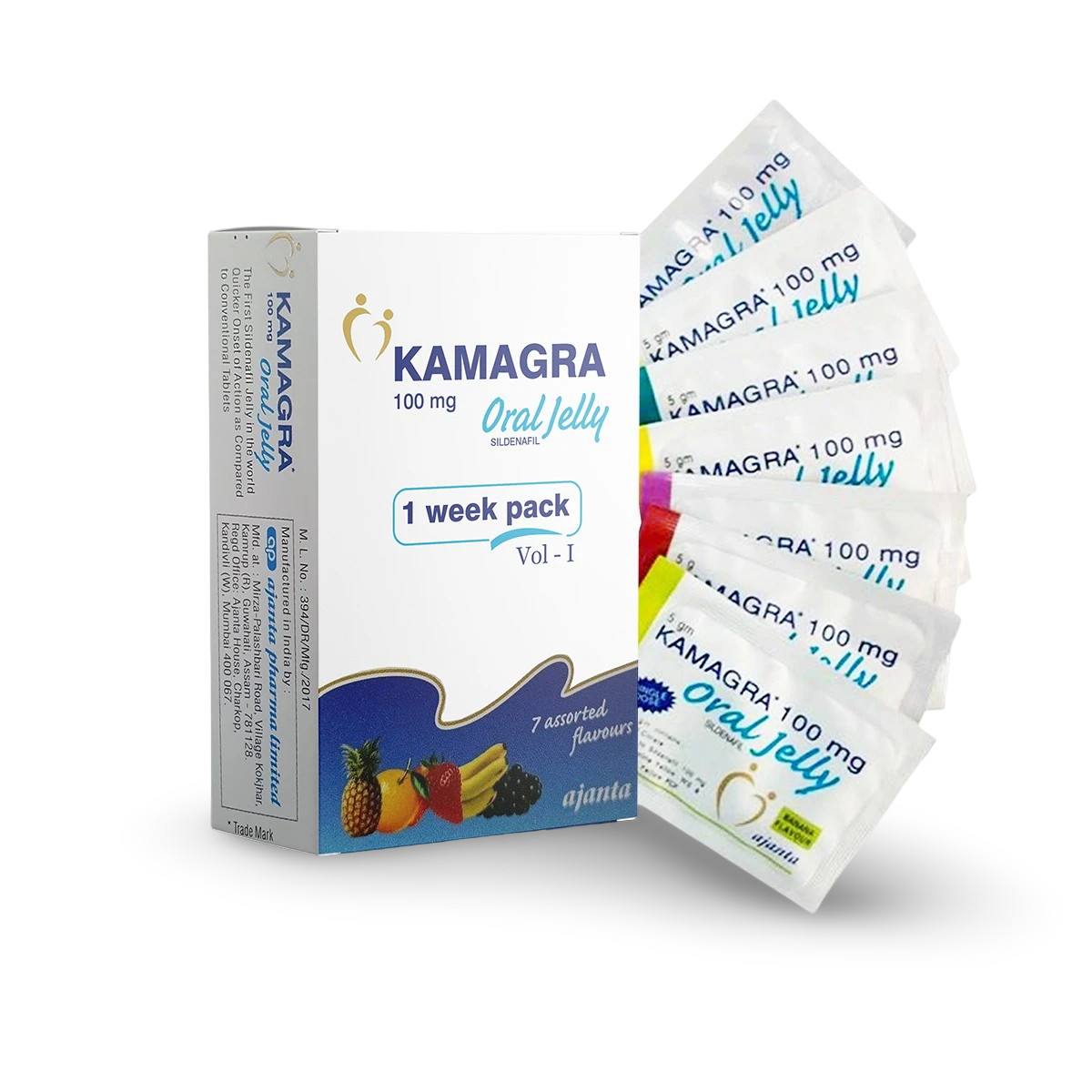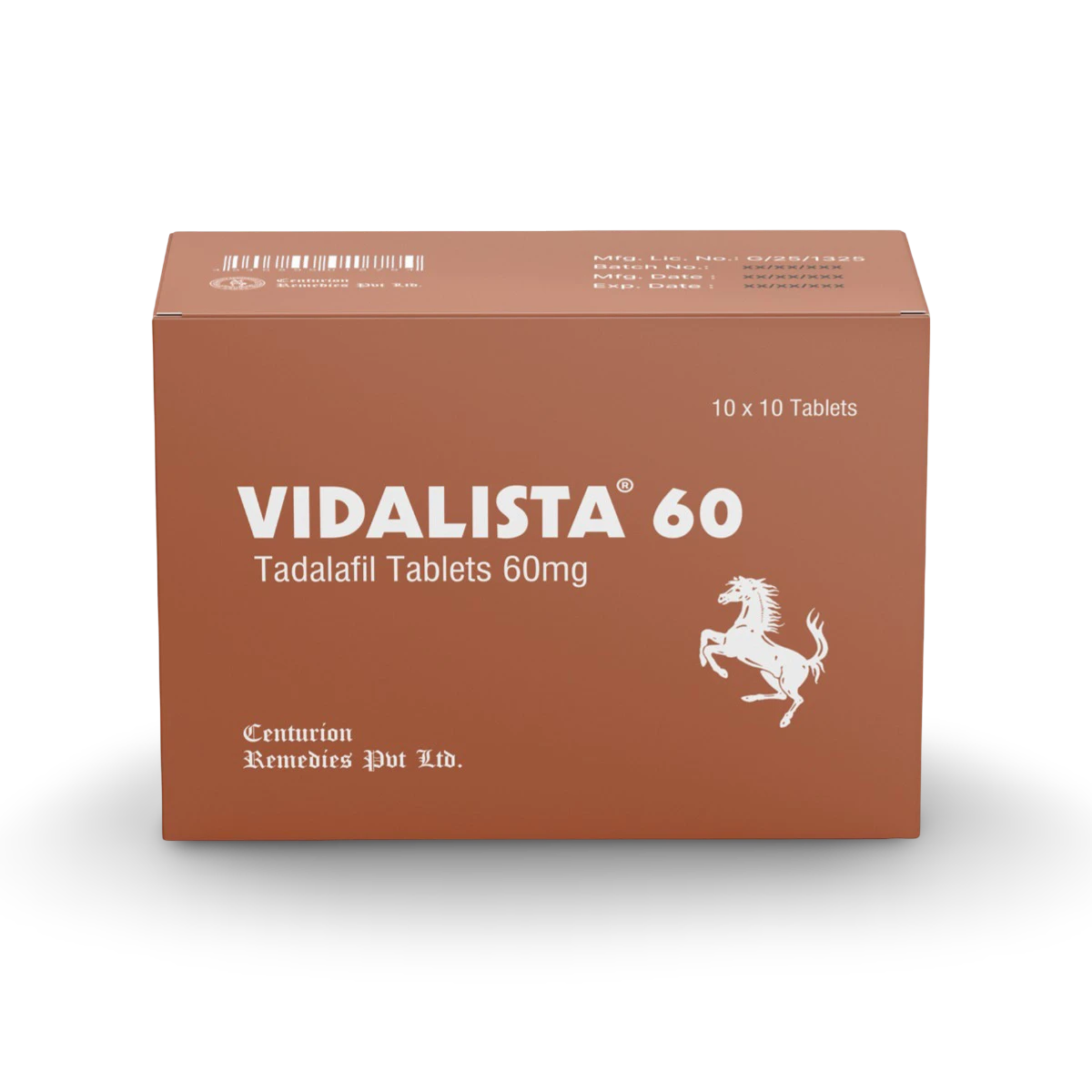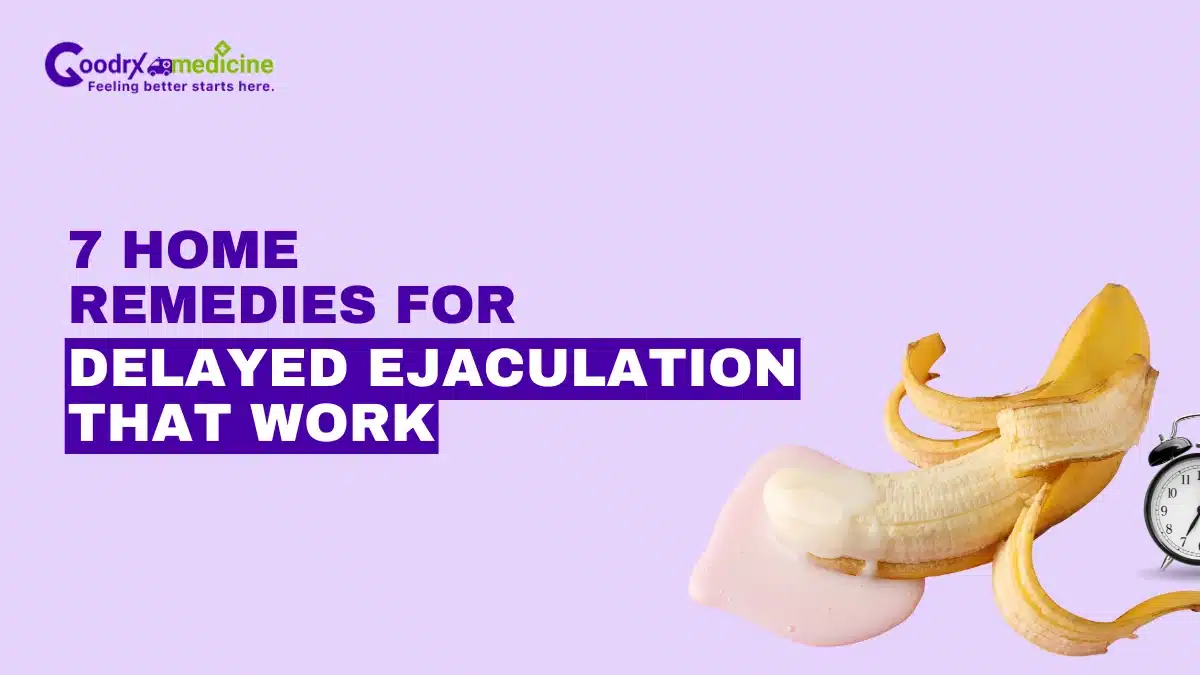Delayed Ejaculation or DE is a challenge many men face, yet it often goes undiscussed due to its sensitive nature. While medical causes like nerve damage, certain medications, or chronic conditions can play a role, lifestyle factors are just as important.
However, simple, natural changes, such as pelvic floor exercises, improving your diet, reducing alcohol intake, and managing stress, can make a real difference.
In this article, we will look into home remedies for Delayed Ejaculation that can help improve timing, enhance sensation, and restore sexual confidence without relying solely on prescription treatments. So read on.
1. Regular physical exercise
Physical exercise is crucial in managing Delayed Ejaculation by improving overall health and sexual function. Regular exercise promotes blood circulation, boosts energy levels, and positively impacts sexual performance.
Cardiovascular activities such as swimming, jogging, or cycling help increase blood circulation to the reproductive organs, which is essential for optimal sexual function. They also help maintain a healthy weight and lower stress levels, both of which can contribute to sexual difficulties.
Strength training exercises can boost Testosterone levels naturally, which may improve sexual desire and response. Even 30 minutes of moderate exercise three to four times per week can make a significant difference in sexual health and overall well-being.
Save up to 90% on your medicine bills

Cenforce 100 mg

Cenforce 200 mg

Kamagra Oral Jelly Rx 100 mg

Vidalista 60 mg
2. Pelvic floor exercises
Pelvic floor exercises help train the muscles involved in ejaculation and increase orgasm control. Commonly called Kegel exercises, they strengthen the muscles responsible for sexual performance.
To perform pelvic floor exercises correctly:
- Identify the muscles by stopping urination midstream.
- Tighten and contract these muscles and hold for 5 seconds.
- Relax for 5 seconds and repeat.
- Perform 10-15 repetitions, three times daily.
- Gradually increase holding time up to 10 seconds.
3. Stress management and relaxation techniques
Psychological factors significantly impact sexual function. Mental health conditions and psychological factors can be related to DE, including Anxiety, Depression, Performance Anxiety, and stress.
Incorporating stress relief activities like meditation and deep breathing exercises helps decrease stress hormones and promote relaxation. Practice 10-15 minutes of meditation daily to improve mental clarity and reduce Performance Anxiety.
Yoga combines physical movement with mindfulness, offering dual benefits for sexual health. Certain poses improve blood flow to the pelvic region while reducing stress and Anxiety.
Progressive muscle relaxation techniques can help you become more aware of physical sensations, which may improve sexual responsiveness and timing.
4. Dietary modifications
A balanced diet supports overall health and can specifically benefit sexual function. Poor nutrition can lead to reduced energy, hormone imbalances, and circulation problems that worsen Delayed Ejaculation. Focus on foods rich in:
- Zinc (oysters, lean meats, nuts, seeds) for hormone production
- Magnesium for healthy sperm production and reproductive health
- Omega-3 fatty acids (fish, walnuts) for improved blood flow
- Antioxidants (berries, leafy greens) to reduce inflammation
Limit processed foods, excessive sugar, and unhealthy fats, which can impair circulation and hormone balance. Drink an adequate amount of water during the day to stay hydrated, as dehydration can affect sexual function.
5. Mindfulness and body awareness techniques
Mindfulness practices help increase awareness of physical sensations and can improve sexual health and satisfaction. Being more aware of your body’s signals can help with ejaculatory timing and control.
Practice body scanning meditation to become more aware of physical sensations throughout your body. Focus on the pelvic region and notice different levels of arousal and tension. Practice staying present and focused on physical sensations during intimate moments rather than worrying about performance. This mindful approach can improve sexual responsiveness.
6. Warm bath and heat therapy
A warm bath or gentle heat can boost blood flow to the pelvic area and relax the muscles involved in ejaculation. Better circulation may increase sensitivity and improve sexual response.
To ease pelvic tension, try soaking in warm water for 15–20 minutes before intimacy. You can also place a warm compress on your lower abdomen or pelvic region for 10–15 minutes to boost circulation and ease tension in the reproductive muscles.
7. Sleep quality improvement
Getting sufficient restorative sleep is crucial in maintaining healthy hormone levels and supporting sexual well-being. Inconsistent or poor-quality rest can lead to Low Testosterone and elevate stress, which may contribute to Delayed Ejaculation.
Maintain a regular bedtime routine by sleeping and waking at the same hours each day. Ensure your bedroom environment is cool, dark, and quiet to promote deep rest. Aim for 7–9 hours of continuous sleep each night to help your body recover and maintain a healthy hormone balance.
To enhance sleep quality, avoid caffeine in the late afternoon or evening and reduce screen exposure before bed. Practising good sleep habits can significantly improve sexual function and overall health.
What to avoid
Certain behaviours and substances can significantly worsen Delayed Ejaculation symptoms. Understanding what to eliminate from your routine is as important as knowing what to include:
- Excessive masturbation: Overstimulation through frequent or aggressive masturbation can reduce natural sensitivity. Limit frequency and vary techniques to maintain standard response patterns.
- Antidepressant medications: Some antidepressants can cause Delayed Ejaculation as a side effect. Never stop prescribed medicines without medical supervision, but discuss alternatives with your doctor.
- High Blood Pressure medications: Certain blood pressure medications can interfere with ejaculatory function. Work with your healthcare provider to find alternatives that don’t affect sexual performance.
- Performance pressure: Focusing intensely on achieving ejaculation creates Anxiety that worsens the condition. Avoid timing sexual encounters or setting unrealistic expectations during intimacy.
- Smoking tobacco: Smoking reduces blood flow to the sexual organs and damages nerve sensitivity. Complete cessation is necessary for optimal sexual function recovery.
- Limit alcohol and avoid recreational drugs: Excessive drinking and drugs such as cannabis or cocaine can interfere with sexual function and delay ejaculation. Reducing or eliminating these can improve responsiveness.
Additional management strategies
Beyond specific remedies, these strategies can also help manage Delayed Ejaculation:
- Practice mindfulness: Stay present during intimate moments to improve body awareness and sensation.
- Try different stimulation: Experiment with various techniques to discover what works best for you.
- Use quality lubricants: Enhance sensitivity and reduce friction for a better experience.
- Take breaks: Pause during sexual activity to avoid numbness or overstimulation.
- Focus on foreplay: Vary techniques to keep arousal and interest high.
- Keep a journal: Track patterns or triggers that may worsen the condition, which can help guide treatment discussions with a healthcare provider.
- Communication and relationship improvement: Openly discuss sexual concerns, preferences, and emotional needs with your partner. A supportive and understanding relationship can help reduce Anxiety and enhance intimacy.
- Consult a doctor: If the problem is frequent, severe, or affecting your relationship, seek professional help for proper Delayed Ejaculation treatment.
Conclusion
Home remedies for Delayed Ejaculation provide natural, evidence-based approaches to managing this common sexual health concern.
The seven key remedies, regular exercise, pelvic floor strengthening, stress management, proper nutrition, quality sleep, heat therapy, and mindfulness techniques, work together to improve blood flow, enhance sensitivity, and reduce psychological barriers. These methods address the root causes, including poor circulation, muscle weakness, stress, and hormonal imbalances.
While avoiding harmful substances like alcohol and maintaining open communication with partners are equally important, consistent application of these home remedies can lead to significant improvements in sexual function and overall quality of life.

Frequently Asked Questions
Can certain medications commonly prescribed for other conditions cause Delayed Ejaculation?
Yes. Some medications like antidepressants, blood pressure drugs, anti-anxiety medicines, and certain pain relievers can slow ejaculation as a side effect. This can happen in a large percentage of users. Adjusting the dose or switching medication may help, but only under medical guidance.
What role do room temperature and environmental factors play in sexual response timing?
Room temperature can influence sexual function. Cooler conditions, around 65–68°F, may improve nerve sensitivity and blood circulation. Warm environments can reduce blood flow and raise stress hormones, potentially slowing ejaculation. Creating a comfortable, cool setting can sometimes enhance sexual responsiveness and overall experience.
Does the timing of meals before sexual activity affect ejaculatory function?
Yes. Eating a heavy meal too close to intimacy can draw blood away from the genital area toward digestion, lowering sensitivity. Waiting 3–4 hours after a large meal, or eating something light, may help improve responsiveness and make sexual activity more satisfying.
Can certain fabrics or clothing choices impact Delayed Ejaculation through reduced sensitivity?
Yes. Tight synthetic fabrics can limit blood flow and decrease nerve sensitivity in the genital region. Choosing loose, breathable cotton underwear or clothing can improve circulation, keep the area at a healthy temperature, and support better overall sexual performance and comfort.
How do seasonal changes and sunlight exposure affect male sexual function and ejaculation?
Seasonal shifts can influence mood and hormone levels. In spring and summer, increased sunlight boosts Vitamin D and Serotonin, which may improve mood, energy, and Testosterone production. These changes can contribute to enhanced sexual function and may help reduce Delayed Ejaculation symptoms.
When referencing outside resources, GoodrxMedicine always provides full citations. To learn more about the measures we use to maintain the quality of our content, please review our Content Information Policy.











